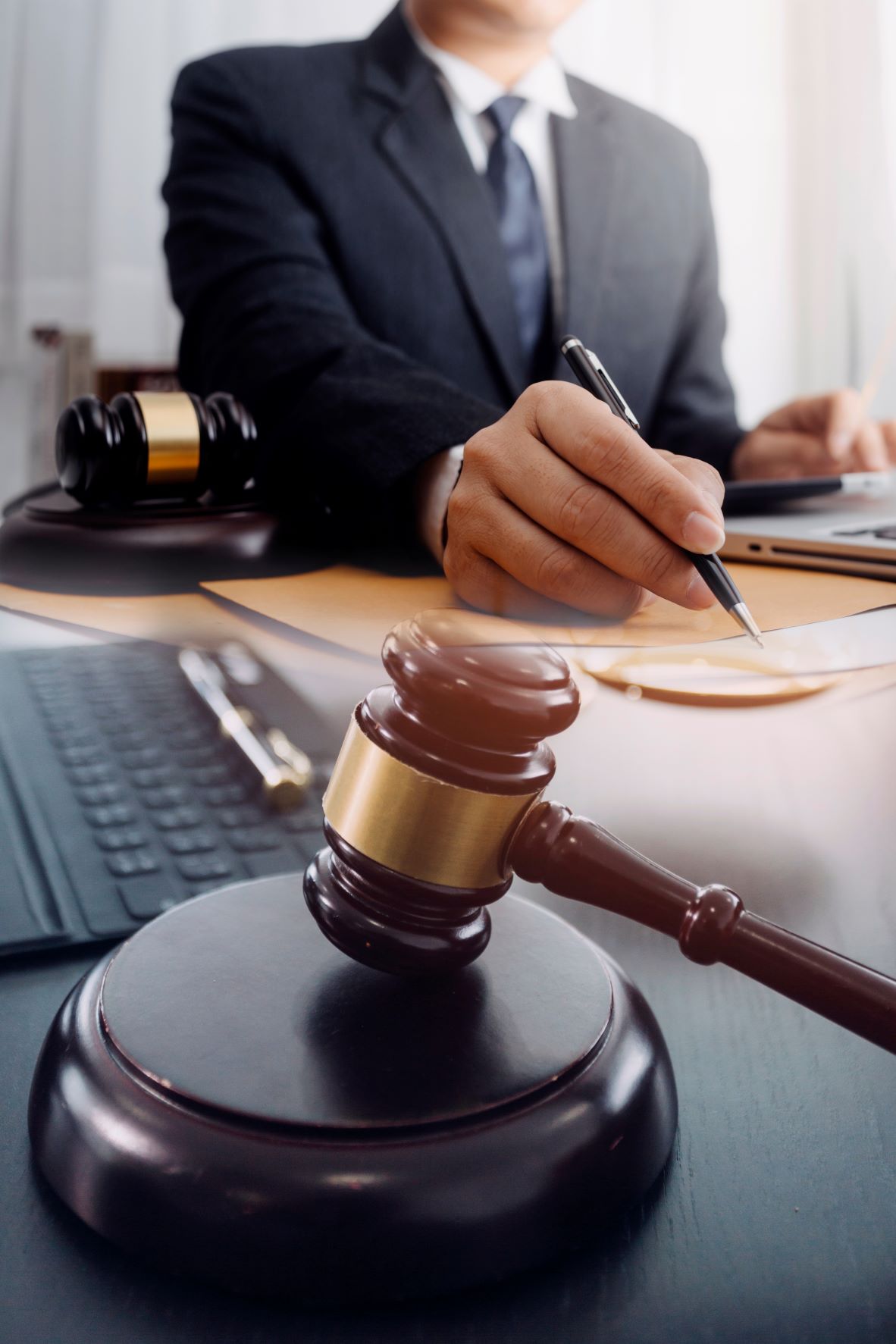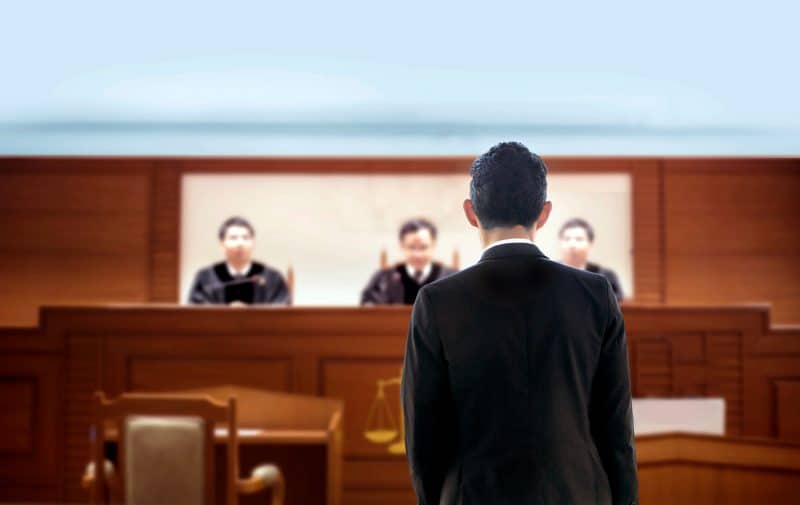
The impact of Social Media on your Personal Injury Claim
Introduction
Can your social media jeopardize your personal injury claim? Unarguably, the advent of social media has revolutionized our lives, both personally and professionally. It has enabled us to stay connected with our friends and family, express ourselves, and share our experiences with the world. But what happens when your social media presence is scrutinized in a court of law? Can your posts, likes, and comments be used against you in a personal injury claim?
In this article, we will explore the following:
- the impact of a social media check on personal injury claims in British Columbia
- examine the admissibility of social media evidence in a court of law, and
- discuss how you can avoid having your social media used against you in a legal proceeding.
What is a Social Media Check and Can it Affect Your Personal Injury Claim?
A social media check is a review of a person’s activity on social media platforms such as Facebook, Twitter, Instagram, and LinkedIn. Employers, lawyers, and other entities can conduct a social media check to determine a person’s character or conduct, assess their credibility, or verify certain information.
In the context of a personal injury claim, a social media check can reveal behaviour or comments relevant to the case. For example, a lawyer may find posts that contradict the plaintiff’s account of the accident or to discredit their claims of injury or suffering.
If you have general questions about personal injury, the answer may be among our FAQ’s.
 The impact of Social Media on your Personal Injury Claim
The impact of Social Media on your Personal Injury Claim
In British Columbia, personal injury claims are governed by the Law of Negligence. This law states that a person who has suffered an injury due to another person’s negligence has a right to seek compensation for their losses. To prove negligence and liability, the injured party must show that the other party was at fault and that their actions or inactions caused the injury.
A social media check can determine whether the injured party’s conduct before or after the accident was consistent with the facts of the case and whether any pre-existing conditions may have contributed to their injury.
For example, let us take the hypothetical case of Jake, a young carpenter who was rear-ended six months ago and could not fully return to work due to limiting neck and upper back pain. Because Jake is a contractor, he depends on his labour to sustain himself. The doctors have told him that his condition may be permanent, so Jake seeks a lawyer to commence legal action against the driver who rear-ended him.
During the process, Jake decides that the warmth of a Mexican holiday is just what he needs to alleviate his pain and stress, so he accepts his friends’ invitation to join them. One day, Jake feels better than in the past six months, so when his friends dare him to jump from a cliff in Acapulco, he does it. Jake is so happy and proud that he posts photos and videos of the trip on social media. The problem is that the defendant’s lawyer has seen the videos and now argues that Jake is not telling the truth.
In British Columbia, the courts have held that a person’s conduct on social media can be used as evidence in a personal injury claim. This means that if someone posts something on social media that contradicts their account of the accident or their claims of injury or suffering, it could be used against them in a court of law.
Admissibility of Social Media Evidence
For social media evidence to be admissible in court, it must meet the criteria set out by the British Columbia Supreme Court and be consistent with the Rules of Evidence. This includes proving that the evidence is relevant to the case, that it is reliable and authentic, and that it is not unduly prejudicial. Furthermore, the evidence must be presented in a clear, concise, and credible manner.
The Impact of Social Media Evidence on Personal Injury Claims
In recent years, the impact of social media evidence on personal injury claims has become increasingly apparent. The use of social media evidence has become a powerful tool for lawyers and defendants, allowing them to challenge the credibility of witnesses by uncovering inconsistencies in their testimony.
If a plaintiff in a personal injury claim posts about engaging in behaviour that contradicts their complaint or having a pre-existing condition, this evidence could challenge the plaintiff’s credibility and reduce their chances of success. What if, for instance, Jake, our young carpenter from the previous example, had suffered a prior car accident years before and had posted a picture of him wearing a cervical collar? Though Jake fully recovered from that accident, that long-ago social media post may create yet another hurdle for his lawyer to overcome, as they must now prove that the previous injury left no long-term ailment.
How to Avoid Having Your Social Media Used Against You
If you have read this far, you have a clear idea of how seemingly harmless posts, likes, and comments can be used against you in court.
One of the best ways to avoid having your social media used against you in a legal proceeding is to be mindful of what you share on social media. Be aware of the potential implications of your posts, and make sure that they do not contradict your account of the accident or your claims of injury or suffering or discredit your character and credibility.
It is also important to remember that social media is not private. Even if you select “private” in your settings, someone could still obtain damaging evidence through a social media check. Therefore, be mindful of what you do on social media, even if you think your posts are not publicly visible.

Conclusion
- Social media checks can significantly impact personal injury claims in British Columbia.
- Social media evidence could challenge the credibility of witnesses and uncover inconsistencies in their testimony.
- Furthermore, it can be used to discredit plaintiffs and reduce their chances of success
The unrestrained sharing of personal points of view, events and details can have real consequences for our future. Therefore, develop a habit of giving yourself a moment before posting, liking, and commenting on social media, even if your posts are set to “private,” and consider the potential implications of your posts.
Most of all, if you have filed a personal injury claim, ensure your online activity doesn’t contradict your account of the accident or your claims of injury and suffering, as sometimes candid posts may do.
If you have sustained damage or loss due to another person’s negligent actions or inactions in British Columbia, we can help. Call us at 250-381-4040 or fill the form below, and we will be happy to discuss your case and answer any questions you may have. Our lawyers are seasoned litigators and will give you honest advice. If you harbour doubts as to why you should hire a lawyer, check out this video.


 The impact of Social Media on your Personal Injury Claim
The impact of Social Media on your Personal Injury Claim



